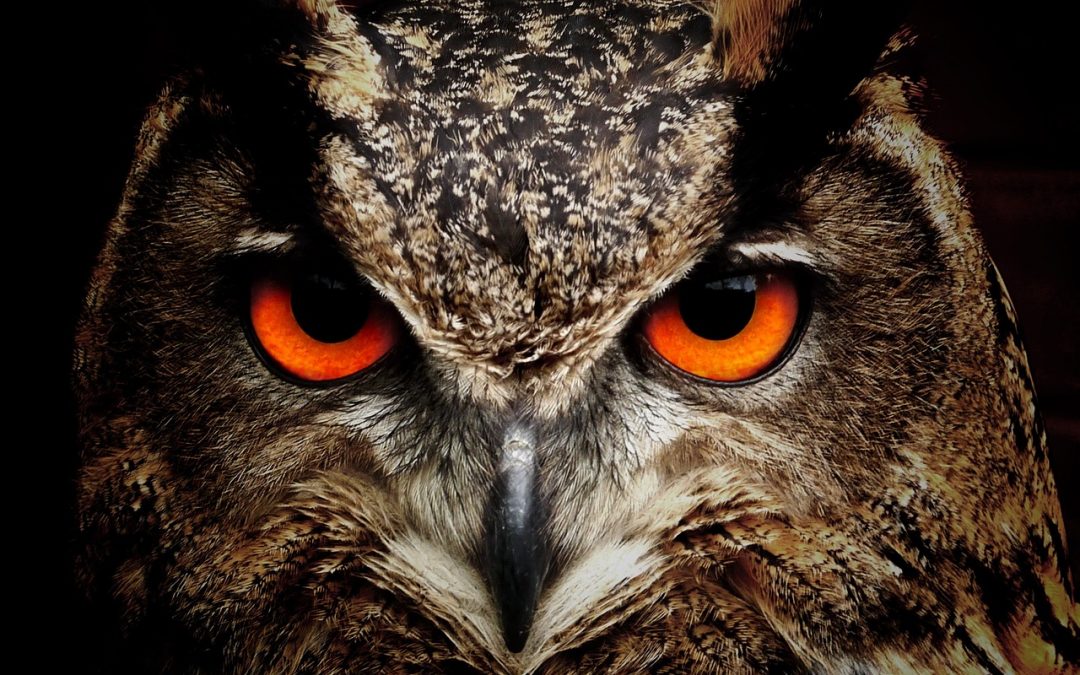For the ancient Maya, the world was brimming with spirits, omens, and powerful forces interwoven with daily life. While many aspects of their civilization have changed, echoes of traditional beliefs and superstitions still linger. These superstitions provide a fascinating window into Mayan cosmology and their deep connection to the natural world.
Read more: Mayan Superstitions: Echoes of Ancient Beliefs in the Modern WorldSuperstitions of the Home and Hearth
- Hanging a Horseshoe for Luck: Reversing the horseshoe’s traditional ‘U’ shape is believed to prevent good fortune from draining away. This superstition might reflect a blend of Mayan and Spanish traditions after colonization.
- Don’t Sweep at Night: It’s thought that sweeping after dark will brush away good luck or financial blessings. This belief likely centers on practicality – in the low light of the past, you might accidentally sweep out something valuable!
- The Power of the Cross: Crosses placed above doorways are believed to ward off evil spirits. The cross symbol likely found new meaning after the introduction of Christianity, blending with existing Mayan concepts of sacred powers.
Nature’s Warnings and Omens
- Beware the Black Bird: Seeing a black bird flying into your house is considered a harbinger of misfortune or even death. Black birds often had associations with the underworld in Mayan tradition.
- Whistling Attracts Snakes: Whistling at night, especially in wilderness areas, is believed to beckon snakes. Snakes held complex symbolism for the Maya, sometimes representing danger, but also power and transformation.
- Owl Calls and Misfortune: Just like many cultures, the Maya associate hearing an owl’s call with an impending death. This likely stems from the owl’s association with the night and its status as a stealthy predator.
Health, Healing, and the Body
- Beware a Pregnant Woman’s Gaze: It’s believed a pregnant woman’s gaze can “sour” crops or leave a child with the “evil eye.” This might relate to concerns about vulnerability during pregnancy and the potential dangers of envy.
- Hang Garlic for Protection: Hanging garlic in the home wards off sickness and deflects negative energies. This tradition, common in many cultures, might relate to garlic’s strong odor being perceived as a repellent.
- Sleeping with Scissors Under the Pillow: This practice is believed to prevent nightmares. The sharp object might be seen as symbolically cutting through negative dreams and anxieties.
Conclusion
These are but a few examples of the rich tapestry of Mayan superstitions. While some have faded into obscurity, others persist in adapted forms within modern Mayan communities. They offer us a window into the profound worldview of the Maya, where the natural and supernatural realms were inextricably linked.
